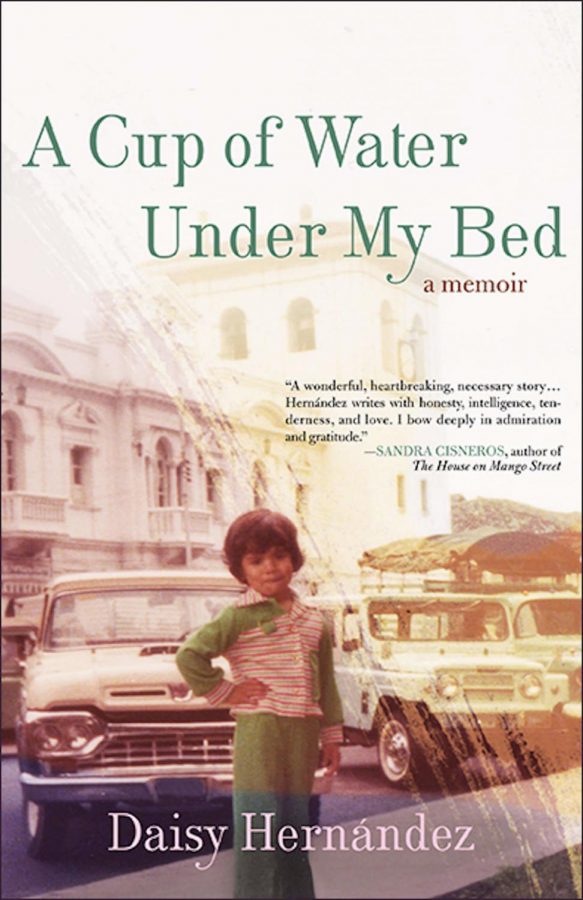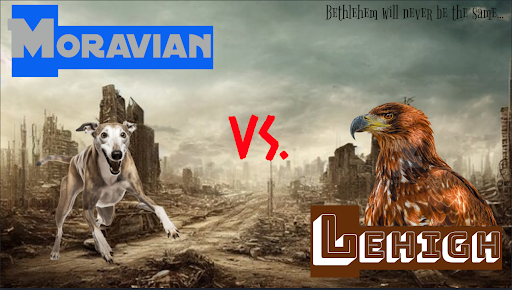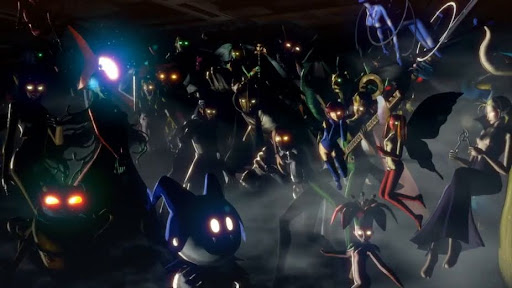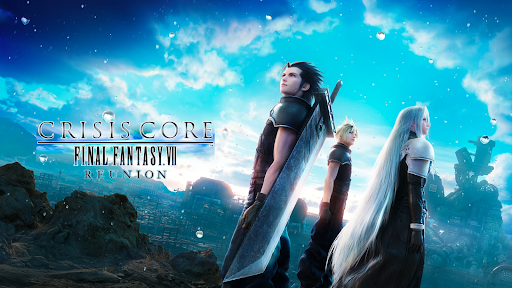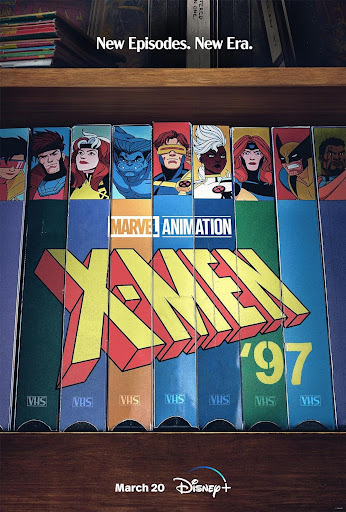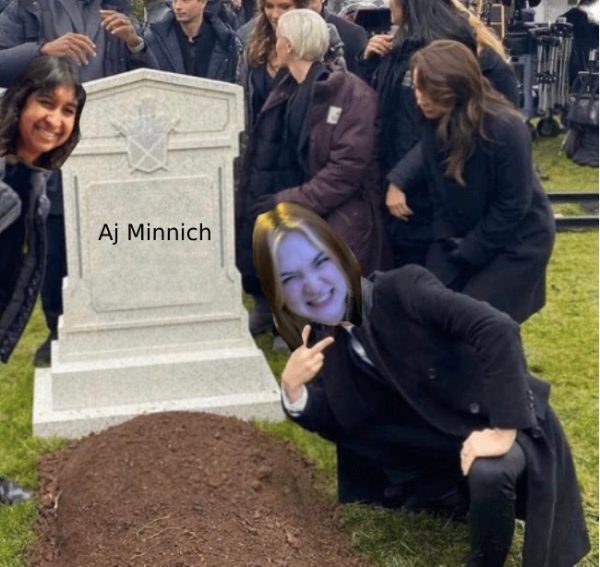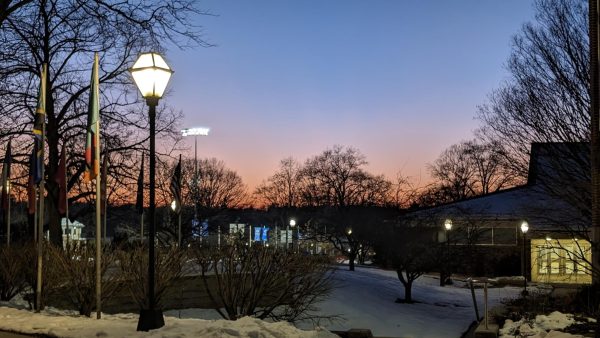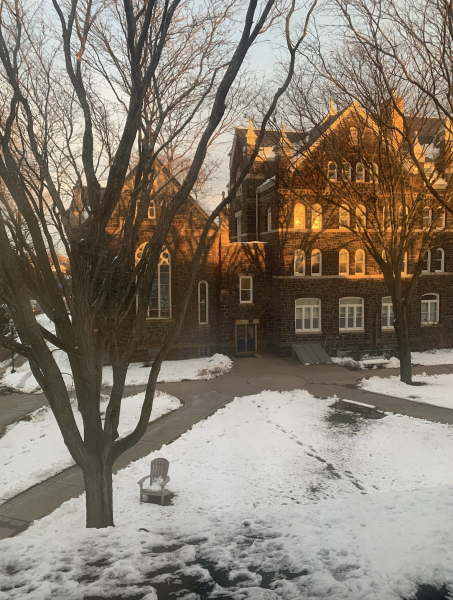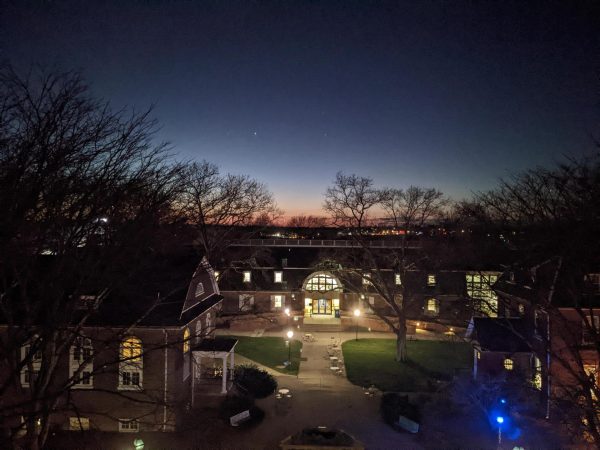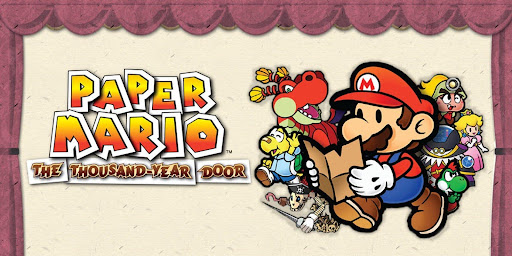Memoirist Hernández on Finding Community through Writing
On March 26, award-winning author Daisy Hernández spoke to an online audience of some 50 students, professors, writers, and activists from across the Lehigh Valley as part of Moravian’s biannual Writers’ Conference.
Hernández, a former New York Times reporter, is the author of the acclaimed memoir “A Cup of Water Under My Bed” and an assistant professor of writing at Miami University in Ohio. Her work addresses issues of feminism, race, immigration, and sexual identity, among others.
Speaking via Zoom from her home in the Midwest, Hernández explored ways in which the conference theme, “Writing Towards Community,” can put the coronavirus pandemic into context.
Given how much we live online now, said Hernández, we find ourselves in communities that differ from the ones that we’re used to, such as those for virus memes, virtual dinner parties, or for some of us, unemployment.
Our newfound communities present opportunities — and dangers.
The first danger, said Hernández, is living inside “the virtual bubble,” where we fall out of touch with people we used to see daily or those who we just ran into now and again and got to catch up with.
In the virtual bubble we are so racked with anxieties that we only ever reach out to the ones we have to, like professors or bosses, and we lose sight of people who are struggling around us.
Another danger comes from losing a job. When that happens, said Hernández, it’s easy to stay in the bubble, internalizing the trauma and shame and then taking it out on others.
However, writing in this time of virtual communities also gives us the opportunity to report deeply on our lives, whatever our race, culture, class, or gender, and to enlarge our community in the process.
“The more we write into our experience,” said Hernández, “the deeper we forge connections with other people.”
Because writing brings people together and connects us to the experiences of others, now is not the time to isolate ourselves but to reach out through our words and connect to other’s experiences.
“Your personal experience at home, in school, in your work life, or your sexual life can all connect and relate to another’s experience,” she said. “And in that connection we find unity.”
To get to know Hernández a bit better, we sat down with her and asked her seven questions:
When did you come to the realization that your life story was a book to be written? What rhetorical decisions did you make when writing “A Cup of Water Under My Bed”?
I actually started writing it shortly after college but in the form of short stories. At some point I became really dissatisfied with that. I wanted to use the writing itself to understand experiences that I was having around my sexuality as a bisexual Latinx woman. So I switched to writing nonfiction, and I found that nonfiction gave me the flexibility to both recreate scenes from childhood and also to step back and reflect upon them.
What drew you to a writing career and later a career as an assistant professor?
I actually have to credit my elementary school teachers and my aunties. When my teachers saw my interest in writing, they recommended that I pursue journalism. Around the same time my auntie, Tía Chuchi, also told me about one of her cousins in Colombia who was a newspaperman, and the way she spoke about his life made a writing career sound very exciting. I also knew that writing itself was very powerful. I’ll be talking about that during my lecture! I did find that while I was working in journalism I was drawn to working with other writers and teaching them, so that actually led me to teaching creative writing.
Did you ever feel like there was a barrier due to your gender or heritage when trying to make it at any point in your career paths?
I remember during college doing an internship at Ms., the iconic feminist magazine, and realizing I didn’t share the same language or analysis as the other interns, some of whom were attending private women’s colleges and getting an education that was very different from the one that I was having at a state college. So there were barriers from the start. These other young women had read books that I didn’t even know existed. After college, when I started working full-time in journalism, the barriers also had to do with dealing with white editors who knew very little about immigrant communities. And then they also sometimes had very little knowledge of the LGBT community. So, I often doubted myself and really had to look for friendships with other people who were in similar situations to mine.
You are an award-winning author, a former editor and reporter, and an assistant professor: What’s next? Are you writing another book?
Indeed I am! I have a book called “In Search Of The Kissing Bug” coming out next year from Tin House. It’s about a neglected disease called Chagas, or the kissing bug disease. In a lot of ways it’s a book that I started writing when I was six years old and serving as a child translator for an auntie of mine who was diagnosed with this disease. The book is part memoir and part journalism and chronicles the history of the disease and the reality of it for Latinx immigrant families today in the United States.
What advice would you give to students who want to write personal essays and/or a memoir?
I always recommend taking a class. It’s a great way to connect with other people who want to do the kind of writing that you’re curious about, and also you’ll usually find a teacher who has great writing prompts and sample essays and memoirs for you to consider. If taking a class isn’t an option, however, I also recommend starting with a situation in your life about which you have a lot of questions. Start describing the situation. Think about how you can write in details, almost recreate the scene. Think about the place where the situation happened. Write the place. Write about sounds you heard during that situation. All that will get you closer to the memory and to a new understanding. Patricia Hampl, a memoirist, writes that in memoir we stalk the relationship between the stored image and hidden emotion. That’s the work you are doing in memoir — figuring why you hold onto a certain memory.
Do you feel a responsibility to write about “the community” of women, of Latinos, of bisexuals?
I feel it’s an incredible joy for me to write about women’s lives and Latinx communities and queer folks. It always has been.
Being a Latina writer, what are your thoughts on the “Own voice” movement?
I appreciate the frustration from which I think the movement began. It’s frustrating to read books about people of color written by white people. This is true in young adult literature and it’s also true in adult fiction and nonfiction. But I don’t think that sensitivity readers and policing by social media are the right approach. A better approach is to focus on the publishing industry itself: who it hires to be editors, how much it pays editors, how marketing departments are run and by who. Right now it seems to me like the writers are being targeted when folks could be demanding a larger change from the industry. I admire the people behind #DignidadLiteraria who made institutional demands of the publisher of American Dirt. I think that’s a possible model for YA literature.


